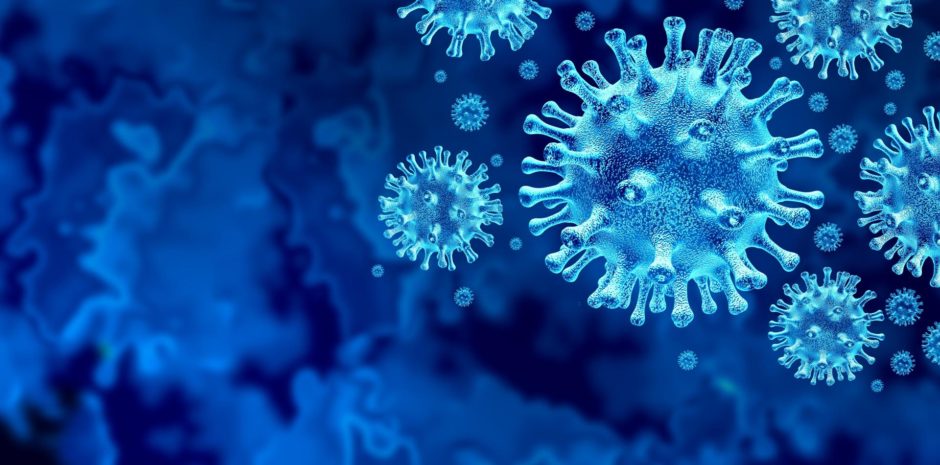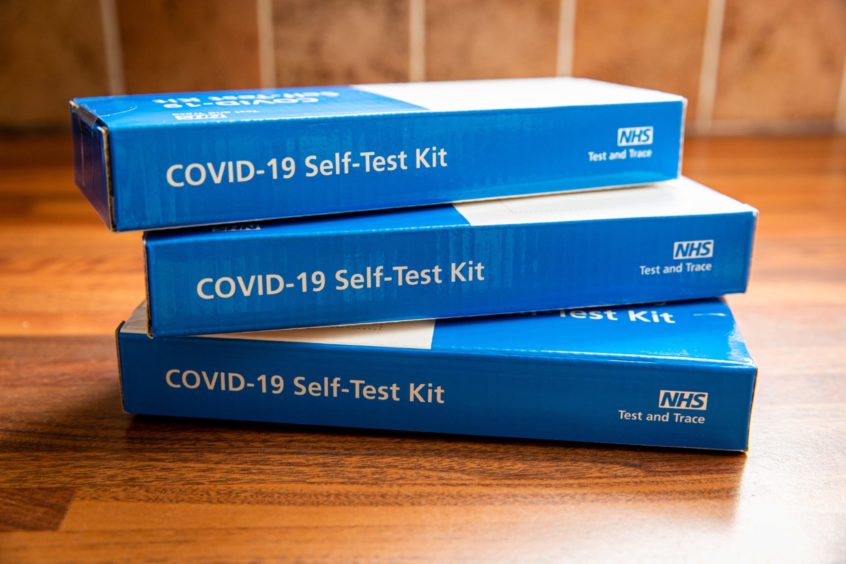Since the outbreak of the Covid pandemic, new variants of the virus have mutated – with different symptoms and varying risks.
Details about the B.1.1.529, or Omicron, variant (previously expected to be called Nu) are slowly emerging and it will take time to understand how it compares to the others.
As of Monday morning there were six cases of the new variant confirmed in Scotland. The variant is of huge international concern as it appears to be spreading more quickly than others.
But what do we know so far about Covid variants – including Omicron – and their symptoms? And do vaccines protect us from them?
Alpha
The Alpha variant of Covid-19 was first identified in the UK last November. It is thought to be 40-80% more transmissible than previous forms of the virus.
As well as typical Covid symptoms including a persistent cough, loss of or changes to taste and smell, and a high temperature, symptoms of Alpha are thought to include
- Chills
- Loss of appetite
- Headache
- Muscle aches
Beta
First identified in South Africa, the Beta variant was detected in October 2020 and reported that December.
It contains several mutations helping it bind to human cells more easily.

The symptoms of the Beta variant are consistent with the symptoms linked to the original virus.
Delta
The Delta variant has become the dominant variant of coronavirus in many countries and in the UK it now makes up more than 99% of all Covid cases.
It was first identified in India last October and has since spread to more than 160 countries.
The additional symptoms of the Delta variant include:
- Headache
- Sneezing
- Runny nose
- Sore throat
A study published in August showed that people infected with the Delta variant were almost twice as likely to need hospital treatment than those infected with the Alpha variant.
Mu
The Mu variant is thought to have originated in Colombia, it was discovered in January this year.
At the start of September, 32 people in the UK had been identified as being infected with the Mu variant.
Early research suggest it is less easily transmitted than Delta.
It is considered a Variant of Interest by the World Health Organisation (WHO), as opposed to a Variant of Concern, like the new Omicron variant.
B.1.1.529 – Omicron
The strain has spread quickly in South Africa, dominating infections there. And it has now been detected in Belgium, as well as Hong Kong, Botswana and Israel.
No new symptoms have been officially reported for the Omicron variant so far.
However, the South African doctor who first identified it says she observed milder symptoms – mainly fatigue and headache – in her patients with the variant.
Unlike Delta, there was no loss of smell or taste reported and most patients were treated at home rather than in hospital.
Are vaccines effective against variants?
Manufacturers are confident their vaccines are effective at protecting against the common variants.

Analysis by Public Health England revealed two doses of either Pfizer or AstraZeneca are more than 90% effective against hospitalisations for Covid-19 caused by Delta.
A Scottish Government spokesperson says: “We do not know at this stage what, if any, impact the new variant will have on the effectiveness of vaccines.
“However, it is vital those who are eligible to receive a Covid-19 vaccination continue to come forward.”
It’s reported senior figures in South Africa’s Covid-19 committee say weeks of tests will need to be run before understanding the threat Omicron poses to vaccine efficacy.











